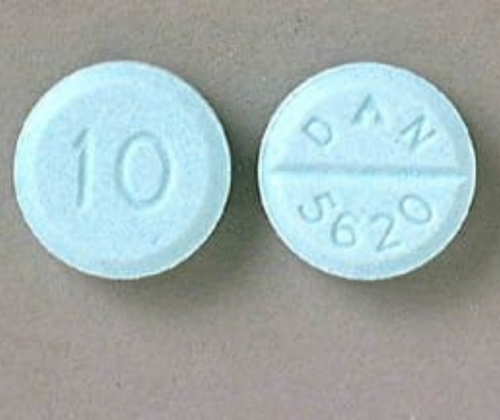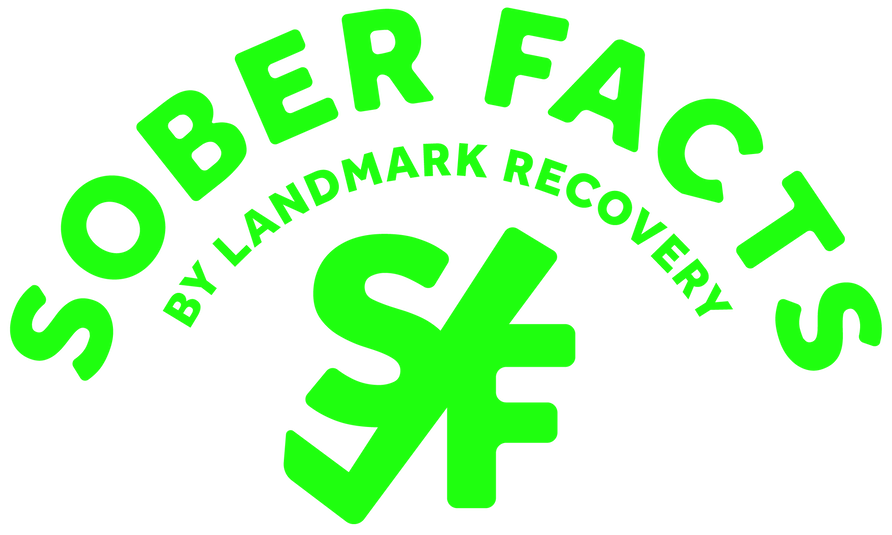Choosing recovery close to home means your support system is just a few miles away.
- 100% Confidential
- Available 24/7
- No Pressure to Commit
- Multiple Financial Options Available
Choosing recovery close to home means your support system is just a few miles away.

Sounds Like: dye.AHZ.uh.pam
Classification: Benzodiazepine
Controlled Substance Act Schedule: IV
Other names for Diazepam

Diazepam is a generic benzodiazepine (central nervous system depressant) used to treat a range of conditions, like anxiety, seizures and alcohol withdrawal symptoms. The drug works by depressing the central nervous system, meaning it stimulates the brain and nerve activity to cause drowsiness, reduce anxiety, relieve muscle aches and prevent seizures.
Diazepam is commonly marketed and sold under the brand name Valium.
Diazepam is a CNS depressant with short-term effects of drowsiness, relaxation and reduced breathing. It’s a schedule IV controlled substance, meaning it has a low potential for abuse. However, diazepam can be habit-forming due to its short-term sedative effects.
Combining diazepam with alcohol, other CNS depressants or street drugs can slow your heart rate, weaken your breathing and lead to overdose. If your breathing gets too weak, you can have a fatal heart attack or stroke.
People who use diazepam in high doses over an extended period of time and then stop may experience physical withdrawal symptoms. This can cause them to keep using the medication to make the symptoms go away. Because of these risks, diazepam should be taken under the supervision of healthcare professionals at a medical detox center or residential treatment facility.
Need help with Diazepam or another drug addiction?
Call Landmark Recovery and speak with an admission specialist today.
Call NowWe're available 24/7 to help you find Recovery
Diazepam is prescribed to treat anxiety disorders, seizures and the symptoms of alcohol withdrawal. It’s also used as a short-term sedative prior to medical procedures. Diazepam isn’t always suited for every age group. The risk of oversedation is thought to be greater in people who are elderly and children under the age of 18.
Similar to other benzodiazepines, diazepam has a low risk for dependence. It’s often used to help people manage the symptoms of withdrawal to other CNS depressants like alcohol. It still can become habit-forming after prolonged use. Therefore, physicians and doctors recommend using diazepam to help reduce cravings to alcohol and other drugs before weaning people off diazepam.
Take diazepam exactly as directed by your doctor or pharmacist.
Diazepam is taken in multiple forms, including oral tablets and injection shots. Oral tablets, which are known to be more effective than injections, contain up to 15 milligrams of diazepam, depending on a person’s condition. Doctors recommend adjusting your amount of diazepam according to your medical condition, age and response to treatment.
Avoid taking diazepam with alcohol or other CNS depressants, otherwise, a fatal overdose could occur.

If any of these side effects become severe, immediately call a doctor.
Unsuccessful attempts to stop using diazepam
Physical withdrawal symptoms when reducing or stopping the consumption of diazepam
Prioritizing the use of diazepam over spending time with family or friends
Legal or financial problems
Stealing items or money to obtain more diazepam
Use of diazepam despite negative health consequences
Lying to doctors or therapists to get more diazepam
Uncontrolled cravings for diazepam
Diazepam was the 117th most commonly prescribed medication in the United States in 2019
There are more than 500 brands of diazepam available on the market
Four of 10 people taking benzodiazepines like diazepam for longer than six weeks will become addicted to drugs, according to the Royal College of Psychiatrists